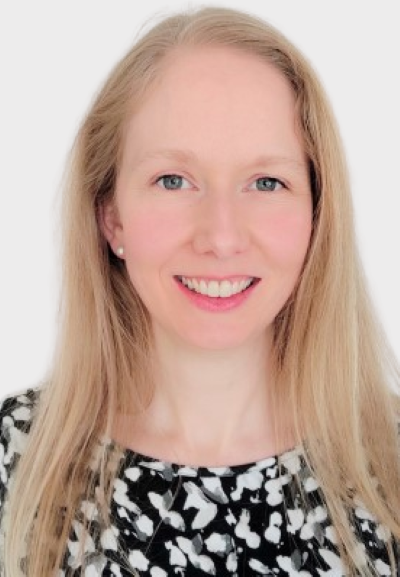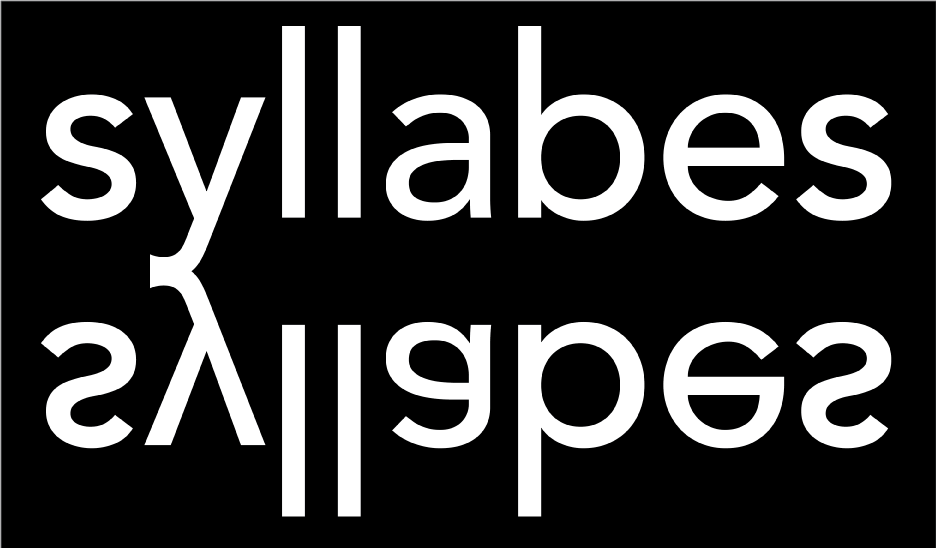
Info
Translating since: 2012
Translates: French and German into English
Fields of specialisation: Environment and technology, in particular sustainable cities and sustainable food systems
Profile
Hayley is originally from the UK but has lived in France for over 10 years. She started her translation career working in-house at a technical documentation company in Toulouse, and then switched to freelancing in 2016. She lives near Strasbourg in the north-east of France.
Hayley translates technical documentation, communication/marketing materials and e-learning content, and especially enjoys working on texts related to sustainability and the environment.
After working with Syllabes on an informal basis for around 12 months, Hayley officially joined the team in 2023. We greatly appreciate her insights and proactive approach, which are helping us move forward as a team.
Hayley’s interview
When did you decide to become a translator?
From my first French lessons at age nine through to A-level, languages were always among my favourite subjects at school and, although I didn’t have a specific career in mind at that point, I decided to pursue a joint honours degree in French and Mathematics (more about the maths later…) at the University of Exeter. On my year abroad I did two internships – one in a language training centre, and another in a translation agency. The first showed me that I was not cut out to be a teacher, and the second got me thinking that a career in translation might be just the thing for me.
The ‘aha’ moment that finally tipped the balance in favour of translation came in my final year at university. The French department was running a new optional translation module, designed as an introduction to professional translation. We looked at different text types, studied some key theories of translation, and were given detailed briefs and encouraged to tailor our translations to the target audience. All of this was a far cry from the academic, literary kind of translation I’d been doing previously as part of my core language modules, and it convinced me that translation was the right career for me. After 18 months working in France to improve my written and spoken French, I returned to the UK and completed a Master’s in Translation at the University of Newcastle. I got my first job as an in-house translator shortly after that, and have not looked back since!
What do you like most about translating?
Remember I said I studied maths at university as well as French? An odd combination perhaps, and I confess I’ve forgotten most of the maths, but I think the mathematical side of my brain is still at work when I translate. For me, translation is a kind of puzzle. To translate a text, you first have to decipher it – to take it apart, dig deep into the meaning of every word and turn of phrase, and unpick tricky passages. Then you reassemble all of that to recreate the text in another language and convey its message to a new readership. I love the linguistic detective work that goes into each translation and the creativity required to produce a clear, elegant text in English.
Why did you decide to join Syllabes?
When Syllabes first approached me about working together, I’d been translating for around 10 years, initially as an in-house translator and then as a freelancer. Joining Syllabes seemed to me to be a way of combining all the best aspects of working as a translator: direct collaboration with trusted colleagues, the chance to work in my chosen area of specialisation, and a supportive environment in which I could grow and learn both personally and professionally. All of this has been true so far, and I’m looking forward to seeing where my journey with Syllabes takes me!
Why have you chosen to focus on texts relating to the environment and sustainable development?
Over the past few years, I’ve become more and more aware of – and disturbed by – climate change and its impacts. Little by little, I’ve been making changes to reduce my own carbon footprint: swapping cosmetics and cleaning products for more environmentally friendly alternatives, opting for low- or zero-waste products when doing my food shopping, and choosing more sustainable travel options. Translating in the field of the environment and sustainable development is another way of doing my bit. If people don’t know what’s happening and what solutions are out there, they can’t be expected to take action. Clear communication on climate issues is therefore vital, and I feel that putting my professional skills to use for this purpose is a worthwhile pursuit.


